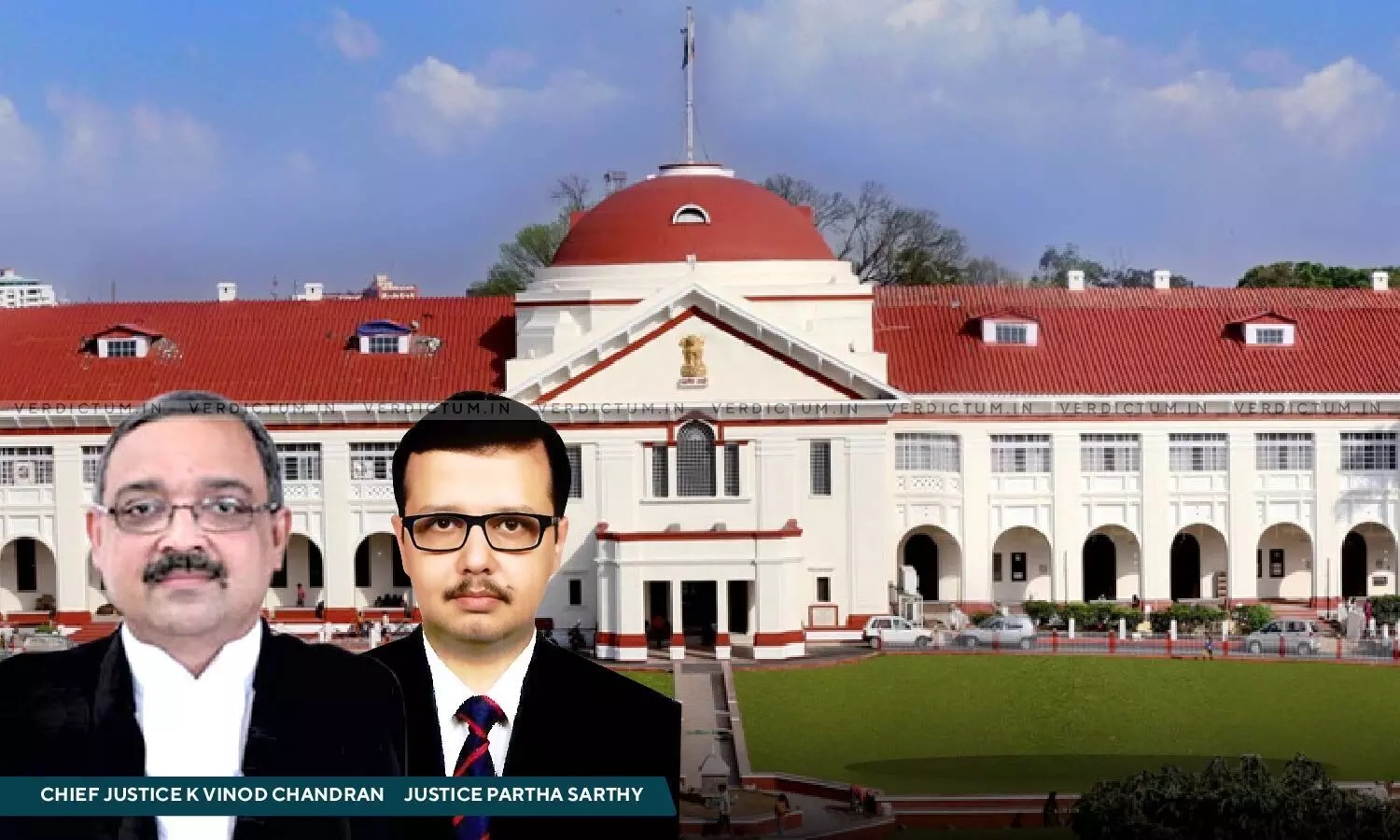
Son Cannot Claim A Right To Residence In A Building Exclusively Owned By His Father By Virtue Of Their Relationship Alone: Patna HC
 |
|The Patna High Court observed that a son cannot claim a right to residence in a building exclusively owned by his father by virtue of their relationship alone.
In that context, the Bench of Chief Justice K Vinod Chandran and Justice Partha Sarthy observed that, "since there is no injunction against the exclusive possession of the 8th respondent, the 1st appellant cannot claim any right of residence in the building as a co-owner, just as the father, a senior citizen, cannot seek eviction from the separate residence of the son in a building owned by him, under the Senior Citizens Act. The son also cannot claim a right to residence in a building exclusively owned by the father, by virtue of their relationship alone."
Counsel Syed Alamdar Hussain and Counsel Surya Nilambari appeared for the appellants. AAG PK Verma appeared for the State, while Senior Counsel Bindhyachal Singh and Senior Counsel Vipin Kr. Singh appeared for the respondent.
In this case, the dispute involved the eviction of the first appellant and his wife (second appellant) from a rest house owned by the 8th respondent, the father of the first appellant.
The appellants argued that the Tribunal lacked jurisdiction to entertain the eviction request under the Senior Citizens Act. They contended that the 8th respondent had alternative means of support and that the property was part of a joint Hindu family.
However, the 8th respondent claimed dependency on the rental income from the rest house, as he and his wife lived in a rented flat. Allegations were made against the appellants, accusing them of harassment and illegal occupation of rooms in the rest house.
It was also noted that, "The parents and the son and his family are residing in different places, the former at a rented accommodation and the latter in the rest house occupying three rooms; though there is allegation of harassment and nuisance. The fact that the parents and the son and his family are not living in one building would not enable a prayer for eviction. The rest house, which is a separate building is where the son resides with his family."
The High Court observed that there was no ground to enable an eviction by the Tribunal constituted under the Act. In that context, it was said that, "there could be no eviction ordered under the Senior Citizens Act since the claim is not under Section 23(1). The claim of the 8th respondent before the Tribunal under the Senior Citizens Act, if at all coming under Section 23(2) of the Act, there can only be an enforcement of the right of maintenance from the property. An occupation whether it is permissive or an encroachment would have the trappings of a transfer, which would dis-entitle the owner of the property from the maintenance by way of rental income generated from the occupied rooms in the rest house. We make it clear that the appellants, as of now, do not have any right to claim the income from the other rooms in the rest house, nor can they obstruct or cause harassment to the other occupants of the rooms."
Subsequently, the appeal was allowed.
Cause Title: Ravi Shankar & Anr. vs The State of Bihar & Ors.
Click here to read/download Judgment